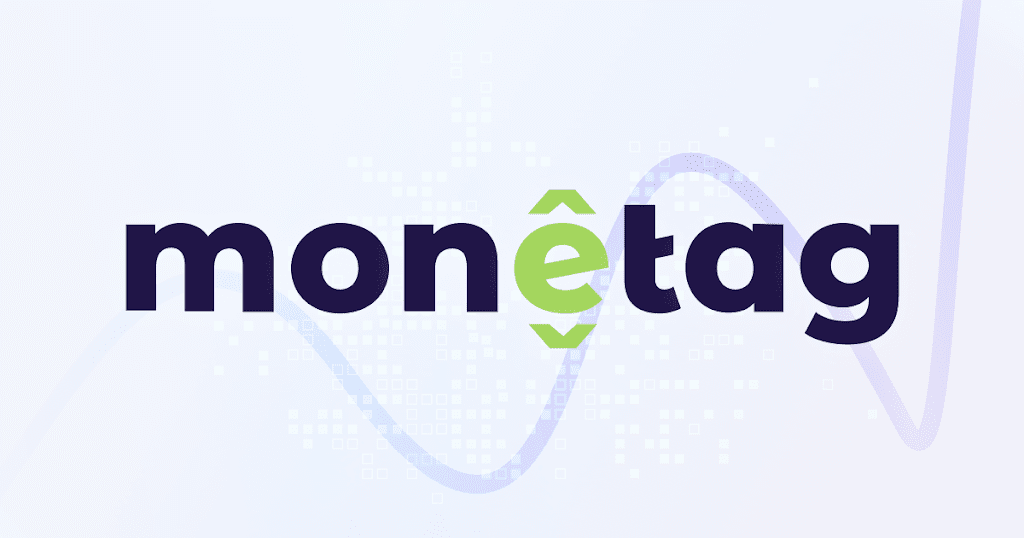What is Firewall?
A firewall is a security tool that controls and filters network traffic to protect a computer or network from unauthorized access and
cyber threats.
Firewall in Pakistan: Restricting Online Freedom and
Access 2024
Pakistan to Implement National Firewall, Cracking Down on Online Dissent
In a dramatic move that has raised eyebrows both domestically and internationally, Pakistan is set to implement a nationwide firewall aimed at regulating internet usage across the country. This ambitious project, which will control access to major social media platforms and monitor online activities, is seen by many as a significant step towards tightening government control over digital spaces.
What is a National Firewall?
A national firewall is
a sophisticated network security system designed to filter and control internet traffic within a country. It operates by acting as a barrier between a trusted
internal network and untrusted external networks, such as the internet. This
allows the government to monitor and restrict access to certain websites, block
IP addresses, and regulate the flow of information based on predefined security
rules. Unlike traditional firewalls,
national firewalls are
typically more extensive and can affect large-scale internet infrastructure.
The Implementation of Pakistan’s National Firewall
Pakistan’s national firewall initiative is reported to include features that will allow the government to track and control internet usage more aggressively than ever before. The firewall willtarget major social media platforms like Facebook, YouTube, and X (formerly
Twitter), and is expected to screen all ‘unsolicited posts’ from both domestic
and international sources. This move reflects a growing trend among some
countries to implement strict internet controls, reminiscent of systems used in
China and other authoritarian regimes.
Although details regarding the firewall’s exact cost and operational specifics remain undisclosed, there is speculation that China may have sold the technology to Pakistan. This aligns with a broader pattern where countries with stringent internet controls share technologies and methodologies to bolster each other’s censorship capabilities.
Historical Context of Internet Censorship in Pakistan
Pakistan has a history of imposing internet restrictions, including blocking access to certain websites and social media platforms. Previous measures, such as temporary shutdowns during periods of political unrest or security concerns, have demonstrated the government’s willingness to limit online freedoms. This latest initiative, however, represents a more permanent and comprehensive approach to controlling the
digital landscape.
The Role of Social Media and VPNs
Social media platforms have become critical tools for free expression and activism, making them a primary target for censorship efforts. In response to previous bans, many Pakistani users have turned to Virtual Private Networks ( VPNs) to bypass restrictions. VPNs allow users to mask their IP addresses and encrypt their online activities, making it more difficult for authorities to monitor and control internet usage. The new firewall aims to address this challenge by potentially regulating VPN usage
and requiring users to disclose their VPNs to the Pakistan Telecommunication Authority.
Government Statements and Lack of Transparency
Despite the significant implications of this firewall project, the Pakistani government has yet to issue an official statement detailing its full scope and implications. Federal officials have remained tight-lipped, fueling speculation and concern among experts and civil society groups. The lack of transparency surrounding the firewall’s development and implementation raises questions about the extent of its capabilities and the potential consequences for internet users.
International Reactions and Comparisons
The introduction of a national firewall in Pakistan has drawn comparisons to similar systems in countries like China, Iran, Turkey, and Russia. International observers and digital rights organizations have expressed concern about the impact of such measures on freedom of expression and democratic principles. The firewall’s design and objectives are seen as aligning with authoritarian approaches to internet control, potentially placing Pakistan in the company of nations known for their stringent censorship practices.
Potential Implications for Freedom of Expression
The implementation of a national firewall poses significant risks to freedom of expression and democratic engagement. By centralizing control over internet content and restricting access to information, the government could undermine public discourse and limit opportunities for civic engagement. Experts warn that such measures could lead to the suppression of dissenting voices and the stifling of critical discussions, further eroding democratic values.
Expert Opinions on the Firewall
Experts and digital rights advocates have voiced strong concerns about the firewall’s potential impacts. Professor Adrian Calamel, a South Asian expert, highlights the dangers of granting the government extensive control over information flow, noting that it could lead to abuses of power and the suppression of dissent. Similarly, Celia Mercier from Reporters Without Borders points out the contradiction between the firewall and
the government’s stated support for press freedoms. Digital rights activist Farieha Aziz raises concerns about the potential risks to online privacy and
security, particularly regarding encryption and online transactions.
The Future of Internet Freedom in Pakistan
The future of internet freedom in Pakistan is uncertain, as the national firewall represents a significant shift in the government’s approach to digital control. While the firewall may enhance the government’s ability to monitor and regulate online content, it could also lead to increased resistance from civil society and a potential backlash against censorship efforts. The effectiveness of the firewall in achieving its objectives will depend on its implementation and the broader
response from Pakistani citizens and international stakeholders.









